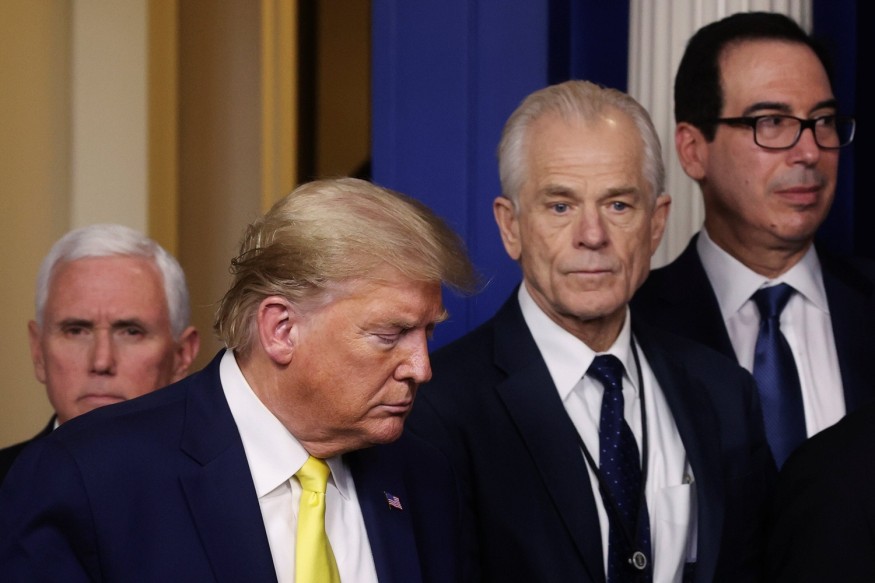US Initiative to End Chinese Pharmaceutical Chokehold Due to Coronavirus

China is recognized as the world's premier car parts, toys, and electronics manufacturer. However, it is also the world's largest producer of penicillin, antibiotics, and pain medications, as well as that of face masks and medical equipment.
Although the United States continues to be a global leader in pharmaceutical research, several manufacturing companies have moved overseas. The last American facility to produce essential penicillin ingredients reported its operations closed in 2004.
The Trump administration's concern of the global spread of coronavirus is reigniting efforts to promote more American pharmaceutical production and reduce reliance on China for the medications and medical devices that power the government healthcare program.
The initiatives have included the drive towards "Buy American" law by Peter Navarro, a trade advisor for the White House, so that federal agencies are needed, according to people knowledgeable of the program, to buy American pharmaceutical and medical appliances.
In the absence of American-made medications, the state will still be able to purchase imported drugs. But the government intends for the policy in the long run, to foster more investments by manufacturers in the United States.
The White House also urges simplified regulatory approvals for the United States-produced goods and specific labeling on the source of products manufactured overseas in order to facilitate such development, according to them.
The government has prepared an executive order, that could be made available over the next few days, which would reform the system in order to allow the administration to buy pharmaceuticals, face masks and vents from abroad. The hope is that the growing demand of medicines from the government and US-made drugs would give companies a motivation to manufacture their own products instead of buying from China.
Many who are committed to reducing their reliance on China have used the coronavirus outbreak to demonstrate a long-standing disadvantage that could potentially leave Americans without medications in an event of war, trade tensions or pandemics.
On Tuesday, Senator Marco Rubio of Florida called on legislators to act urgently in utilizing federal programs including the loans from Small Business Administration to improve United States production, during his lunch meeting with Senate Republicans. According to Mr. Rubio, President Trump agreed with his proposal.
Officials from the administration have claimed that the "Buy American" law will allow the federal government to purchase U.S. goods in which they can deliver a strong leverage.
Critics of China's international pharmaceutical supremacy argue that Beijing has adopted the same approach to gaining a foothold as in other industries which includes generous government tax and weak environmental regulations.
The federal government retains a strategic supply of medical drugs and equipment, however they might be short during a pandemic. Like in many other businesses in the private sector, pharmaceutical businesses have moved from storing goods in warehouses to a distribution model that ships items when they need them, lowering costs and raising the risk of deficiency.
The FDA has indicated that these processes, which could theoretically be modified to manufacture a variety of antibiotics as needed, could allow American production to restore competitiveness with China and possibly maintain a reliable supply of drugs.
Subscribe to Latin Post!
Sign up for our free newsletter for the Latest coverage!

















